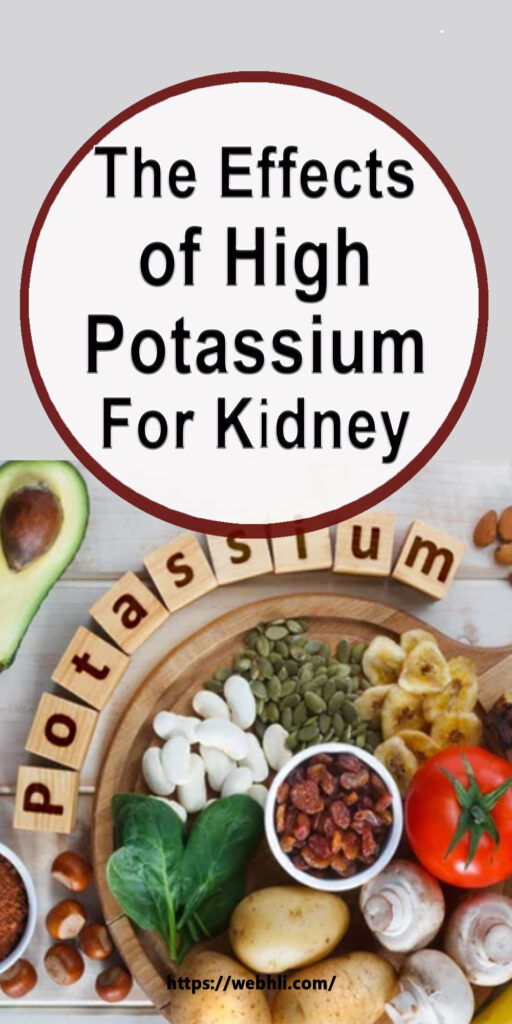
Potassium is a mineral discovered organically in several fruits and vegetables, such as oranges, potatoes, bananas, dried fruits, dried beans and peas, as well as nuts. Healthy kidneys calculate potassium in your blood and eliminate surplus amounts. Unhealthy kidneys might fail to get rid of surplus potassium, and with extremely poor kidney function, high potassium levels may have an effect on the heart rhythm.
Check out these related articles, too:
Kidney Failure Treatment Without Dialysis
Kidney Diet Secrets That Can Reverse Chronic Kidney Failure
What Is A Healthy Kidney Diet Plan
Diet Tips For People With Diabetes and Kidney Disease
Are Renal Insufficiency And Kidney Failure The Same Thing
5 Natural Supplements For Chronic Kidney Disease
Bitter Melon Recipe For Diabetes
Control Your Diabetes Better With These Helpful Tips
Low potassium (hypokalemia) is hardly ever a trouble for people with advanced kidney failure, since the kidney loses the capability to take away potassium. Blood tests are run to assist the doctor assess potassium levels.
When kidneys fail, they may no longer get rid of surplus potassium, consequently the level upsurges in the body. High potassium in the blood is named hyperkalemia. This can happen in people with advanced stages of chronic kidney disease (CKD).
A number of of the effects of high potassium (hyperkalemia) are nausea, weakness, numbness or tingling, slow pulse, irregular heartbeat, heart failure, as well as sudden death.
It is useful to understand what the likely sources of high blood potassium are. The majority of them are almost certainly renal (kidney) failure. Diabetes leads to more than 30% of kidney failure for unidentified reasons. In kidney failure during diabetes, potassium raises after eating 100 grams of glucose, not like normal people who demonstrate a slight decline.
If the kidney is functioning appropriately, and there is adequate aldosterone, tissue trauma alone hardly ever leads to hyperkalemia. A normally working kidney will get rid of the surplus potassium that has been liberated from the cells.
Your doctor ought to evaluate your kidney function before and while you get potassium supplements. You must not take these supplements unless you have sufficient urine production and kidney function.
A lot of kidney failure patients are rising their possibility of nerve harm in their legs and feet by only having too much potassium in their diet, consistent with research conceded out by the University of New South Wales (UNSW), the Prince of Wales Medical Research Institute (POWMRI) and the Prince of Wales Hospital.
Good Energy Food for Diabetics
10 Simple Food Concepts Every Person Living With Diabetes Should Know
Making Cheesecake For Diabetics
Enjoy the Taste and Benefits of Diabetic Foods
Will The Mulberry Leaf Help Your Diabetes?
5 DIABETIC FRIENDLY SALADS Some Tasty
DIABETIC LEMON COCONUT COOKIES Some Tasty
50 Healthy Diabetic Recipes That Are The Best
If you want to get some excellent resources on kidney, please visit my site on You and Your Kidney [http://allaboutkidney.blogspot.com/] or Kidney Potassium [http://allaboutkidney.blogspot.com/2008/12/effects-of-high-potassium-for-kidney.html]
Article Source: http://EzineArticles.com/1809086



 Protected by Patchstack
Protected by Patchstack